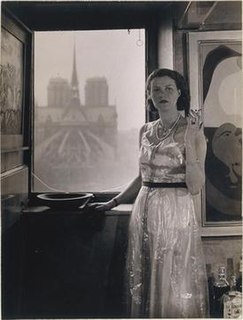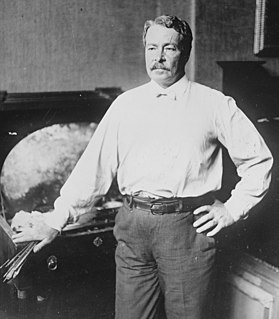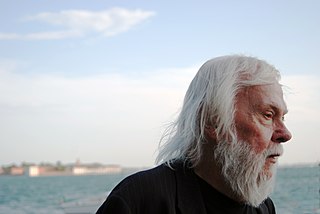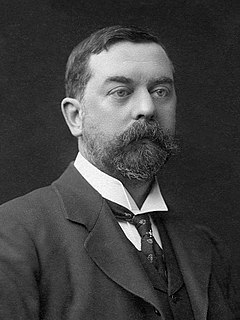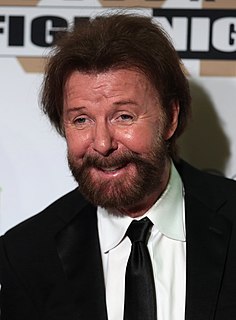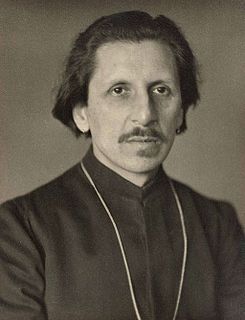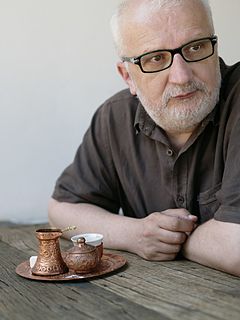A Quote by Peggy Guggenheim
My knowledge of art ended at impressionism.
Quote Topics
Related Quotes
Art, to me is the interpretation of the impression which nature makes upon the eye and brain. The word 'Impressionism' as applied to art has been abused, and in the general acceptance of the term has become perverted. [...] The true impressionism is realism. So many people do not observe. They take the ready-made axioms laid down by others, and walk blindly in a rut without trying to see for themselves.
We profess to teach the principles and practice of medicine, or, in other words, the science and art of medicine. Science is knowledge reduced to principles; art is knowledge reduced to practice. The knowing and doing, however, are distinct. ... Your knowledge, therefore, is useless unless you cultivate the art of healing. Unfortunately, the scientific man very often has the least amount of art, and he is totally unsuccessful in practice; and, on the other hand, there may be much art based on an infinitesimal amount of knowledge, and yet it is sufficient to make its cultivator eminent.
I was doing something that the officials or art commission probably didn't consider important... I was experimenting with different kinds of realistic art, impressionism and the more decorative compositions of different forms of painting, which took away from the earlier photographic realism that I was doing.
Ancient art has a specific inner content. At one time, art possessed the same purpose that books do in our day, namely: to preserve and transmit knowledge. In olden days, people did not write books, they incorporated their knowledge into works of art. We would find a great many ideas in the works of ancient art passed down to us, if only we knew how to read them.
